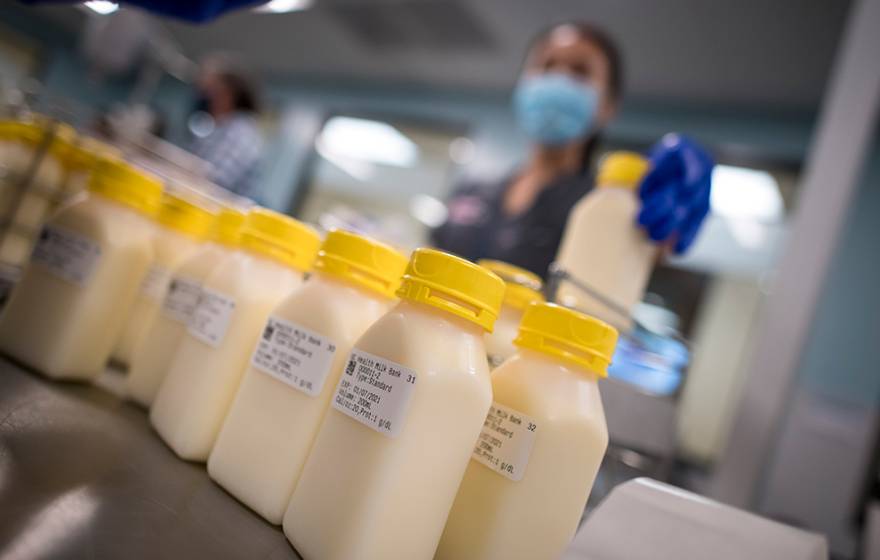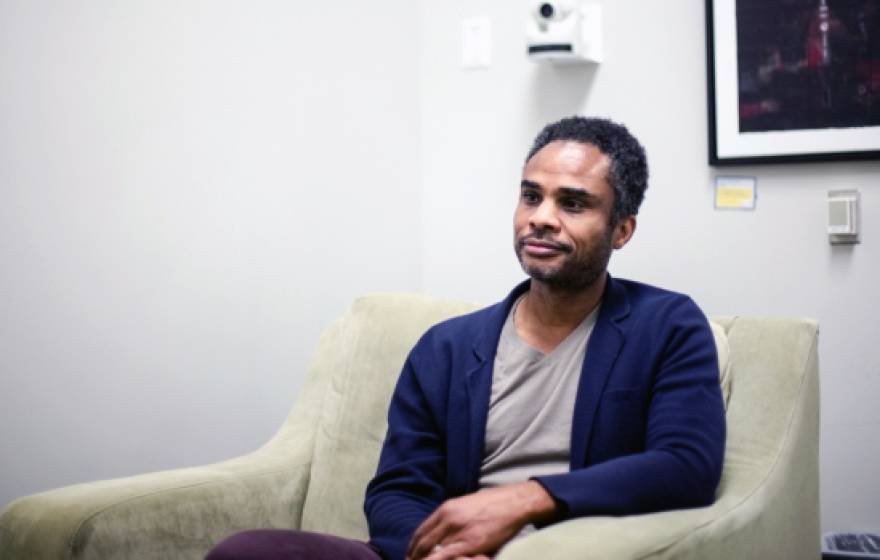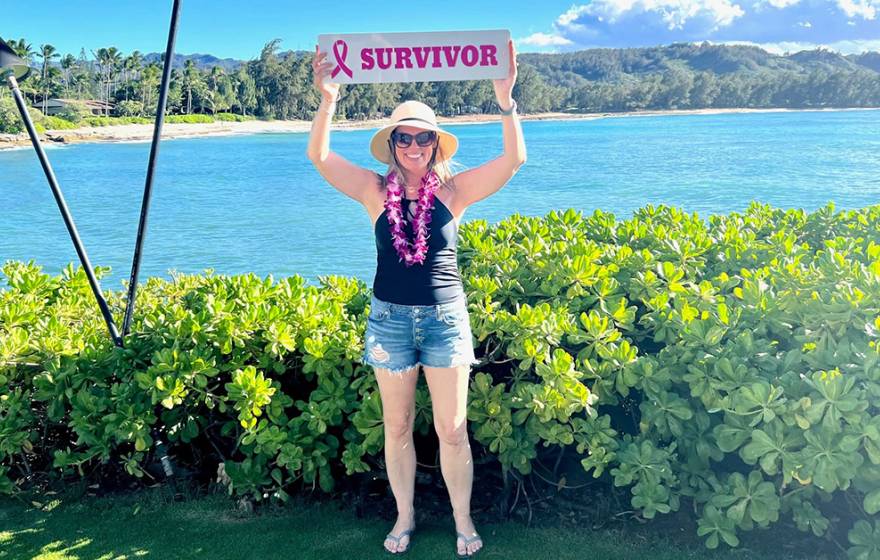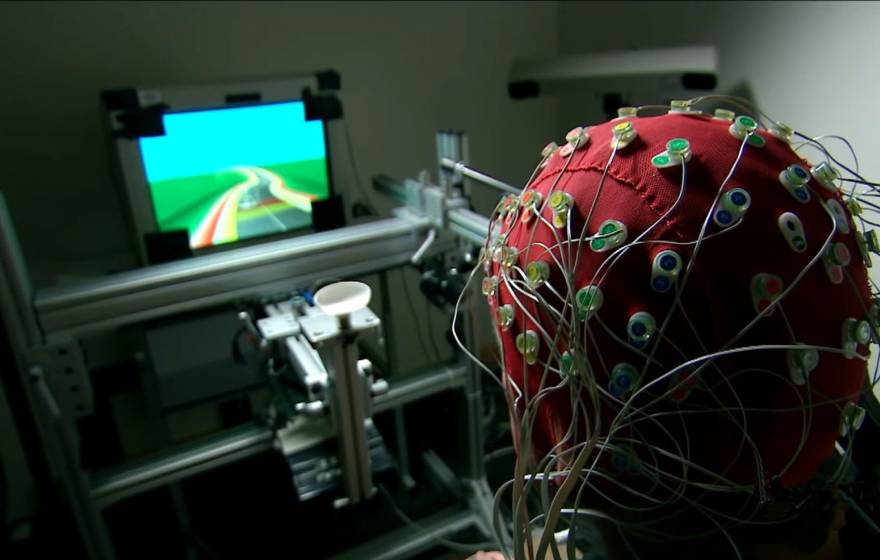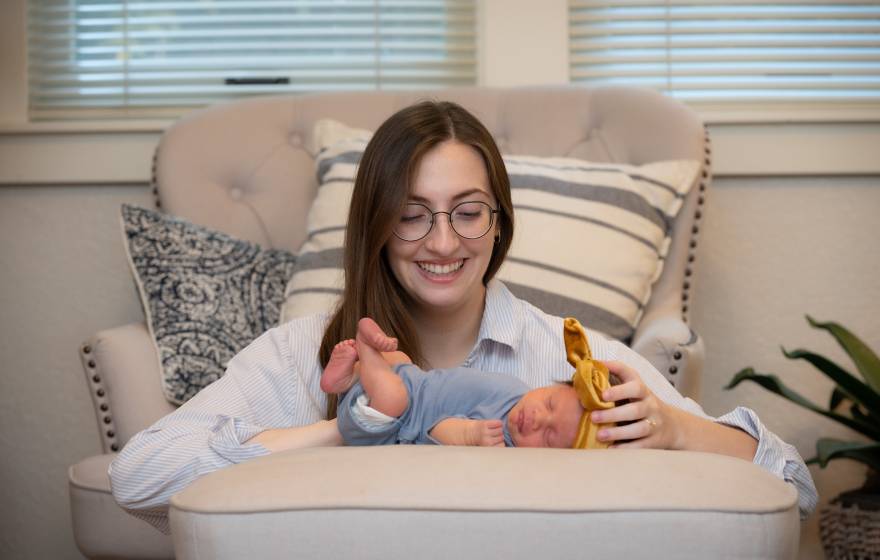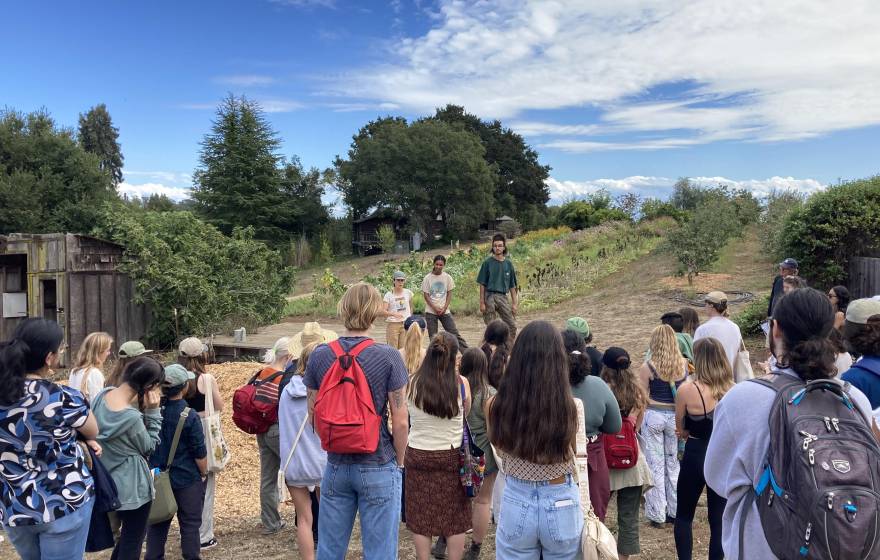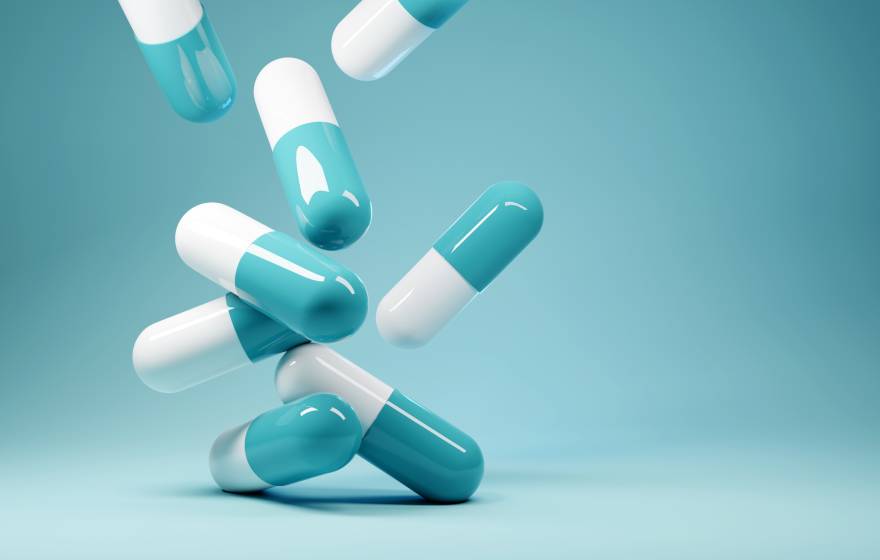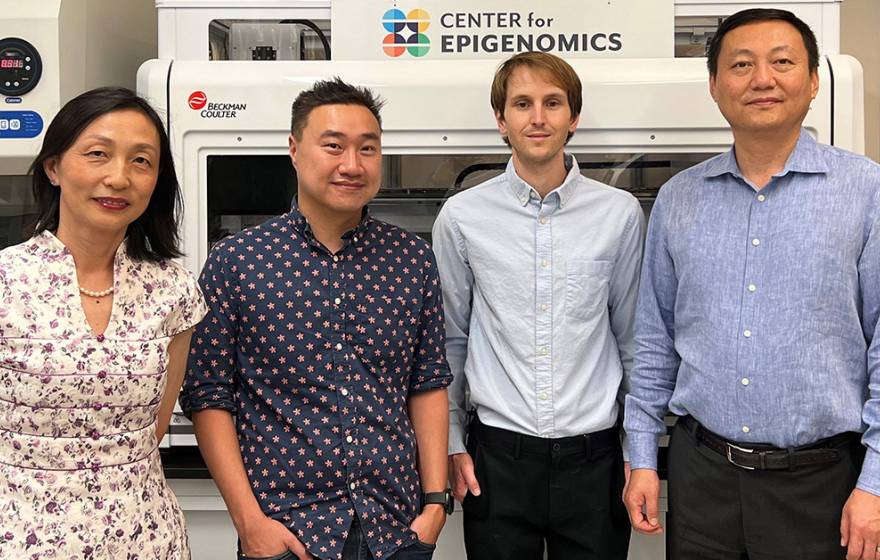UC San Diego |
UC San Diego launches new Human Milk Institute
Scientists hope to create a global hub for understanding and accelerating knowledge and application of human milk.
UC Berkeley Haas |
Study: Stereotypes of middle-aged women as less ‘nice’ can hold them back at work
Even as they achieve more power and capability on the job, middle-aged women can be held back by a perceived lack of “niceness,” new research finds.
UC San Francisco |
Small-molecule drug reverses neural effects of concussion
UCSF researchers rescue cognitive function by blocking molecular stress response.
UC Santa Barbara |
A healing space: Supporting racially-informed therapy training
A Santa Barbara Foundation grant underscores the community need for racially-informed therapy services.
UC San Diego |
What I’ve learned as a breast cancer survivor
During October’s Breast Cancer Awareness Month, a breast cancer survivor and UC San Diego Health employee shares her personal experiences from the moment of diagnosis and receiving life-saving care, to the important lessons she has learned along the journey.
UC Berkeley Haas |
Depressed people are just more realistic, right? Not so, says UC Berkeley study
Depressive realism has held sway in science and popular culture for decades, but a rosier outlook may be overdue.
UC San Francisco |
Video games offer the potential of ‘experiential medicine’
After a decade of work, scientists at UC San Francisco’s Neuroscape Center have developed a suite of video game interventions that improve key aspects of cognition in aging adults.
UC Davis Health |
World’s first stem cell treatment for spina bifida delivered during fetal surgery
Groundbreaking trial aims to reverse the paralysis and other abnormal functions of spina bifida before birth.
UC Santa Cruz |
Partnership across UC campuses will prepare the next generation of leaders in organic agriculture
A grant of more than $700,000 from the USDA will support a UC collaboration to improve and expand undergraduate education in organic agriculture, with an emphasis on supporting underrepresented students.
UC San Diego |
Why are prescription drugs so expensive? It’s not necessarily high R&D, new study shows
Pharmaceutical companies claim they need to charge high drug prices to recover the costs of research and development, but researchers found no link between the two.
UC San Diego, UC Irvine |
UC San Diego, UC Irvine and others seek to map the human brain over a lifetime
The new Center for Multiomic Human Brain Cell Atlas will seek to describe in unprecedented detail the molecular features of the brain’s billions of cells, where each is located and how they change with age.
UC Office of the President |
UC announces recipients of inaugural Regents Foster Youth Award
The University of California awarded two foster youth students the inaugural Regents Foster Youth Award. William Carter, a UC Berkeley Ph.D. student, and Mary Tran, a UCLA law student, were presented with their awards by UC President Michael V. Drake, M.D., and UC Regents Chair Richard Leib at a meeting of the UC Board of Regents at UC San Diego.
